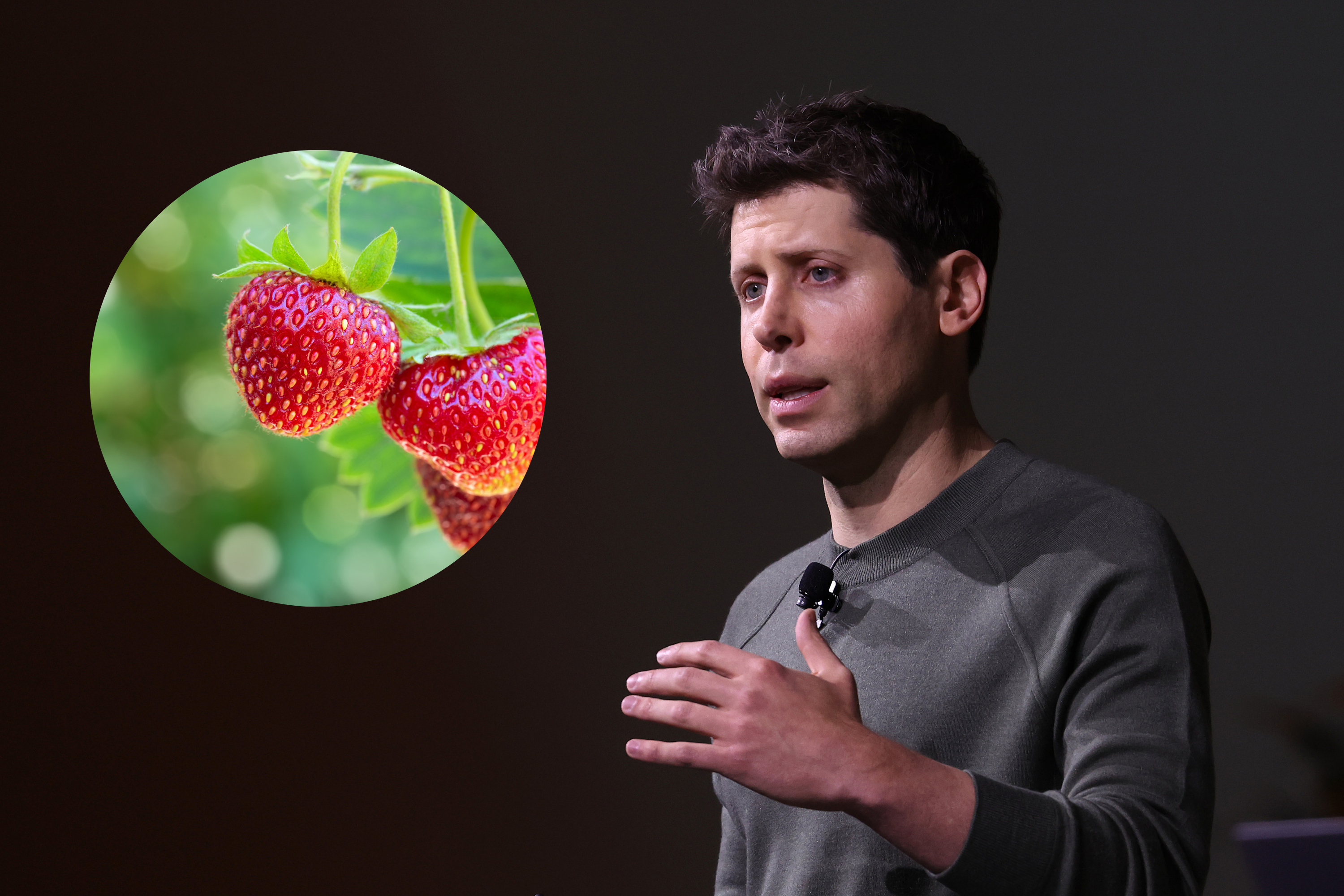Excitement is building around OpenAI’s upcoming AI model, ‘Strawberry’ (previously known as Q*), which is speculated to launch in fall 2024. This next-gen large language model (LLM) promises to take AI reasoning to the next level by tackling complex math problems and intricate word puzzles.
According to sources who spoke to Reuters, Strawberry is designed to enhance AI problem-solving skills significantly. While current models mainly generate responses based on pre-existing information, Strawberry aims to autonomously navigate complex tasks and plan ahead.
One particularly fascinating aspect of Strawberry is its capability to solve unfamiliar problems, such as those found in The New York Times Connections puzzle. This is a clear indicator that it may bring a new level of reasoning and problem-solving to AI.
For ChatGPT users, the arrival of Strawberry could be game-changing. While today’s versions can create human-like text, they often stumble with complex, multi-step issues. Strawberry is expected to bridge this gap by offering what OpenAI calls “deep research,” potentially allowing it to browse the internet for information autonomously.

This could lead to future iterations of ChatGPT providing more accurate and logically consistent answers, reducing the occurrence of misleading information, or “hallucinations.”
Critics note that ChatGPT-4 can struggle without sufficient context. For instance, it failed to identify the correct U.S. president when asked about the year George Clooney was born unless specifically prompted with that information. It also has difficulty with multi-part questions.
Strawberry, however, is expected to advance AI for thoughtful analysis rather than simple language replication. Kristian J. Hammond from Northwestern University describes a phenomenon known as “grokking,” where a model suddenly improves its reasoning capabilities after extensive training.
Interestingly, newer strategies emphasize enhancing smaller models through optimized training times rather than just scaling up with more data. This could herald a new approach that lessens the need for extensive datasets, as exemplified by the practices of companies like French AI firm Mistral.
While OpenAI has not set a formal release date for Strawberry, speculation around its progress continues, especially following CEO Sam Altman’s recent cryptic social media post. Other companies, like Google and Anthropic, are likewise advancing their AI capabilities, making this a hotly competitive field.
For now, fans and experts alike will be eagerly watching for updates on Strawberry and its potential integration into ChatGPT.
